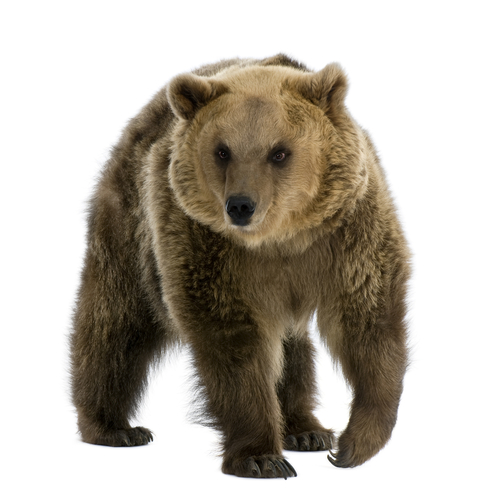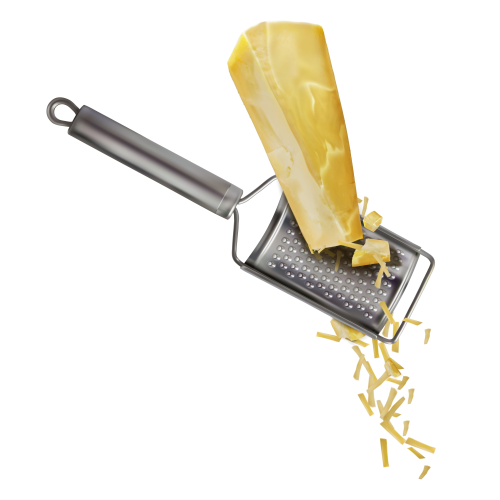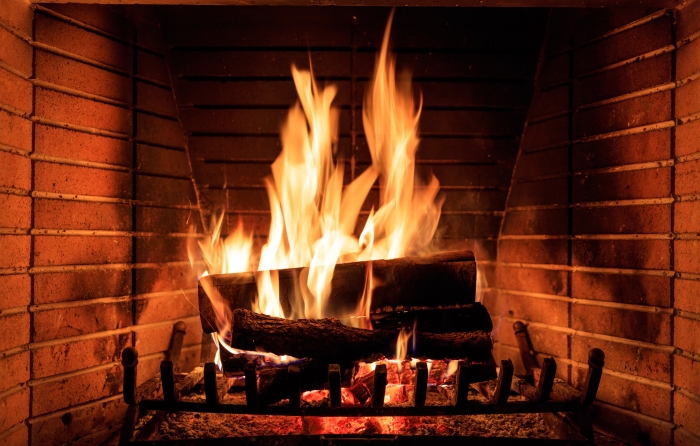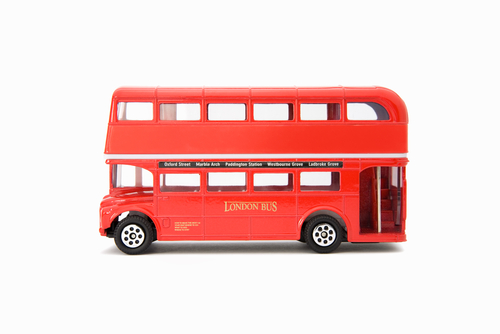In this activity, we're going to to be looking at common homophones and how to spell them.
Homophones are words that sound the same, but mean different things and are spelt differently.
For example bear and bare.
Read those two words out loud - did you notice that they sound exactly the same?
They have completely different meanings though.
Let's look at each of them in a sentence:
The bear was prowling through the forest.

On hot days I like to take off my socks and have bare feet.

In this activity, we are going to practise spelling two pairs of homophones:
great and grate
missed and mist
Let's look at these in a sentence so we can understand their different meanings:
We had a great time at the party.

Great has a similar meaning to really good, fantastic, wonderful!
Grate has a few meanings:
Grate the cheese for lunch.

Grate is a way of preparing food, rubbing it against a metal object or cutting it into small pieces.
The fire burned in the grate.

A grate is also a metal frame for holding fuel in a fireplace.
Henry missed the bus.

Missed means failed to do, catch, or reach something.
I missed my dad when I went for a sleepover.

Missed can also mean that someone felt sad as they couldn't see someone or something.
The hill was covered in mist.

Mist is a cloud of water droplets near the ground, similar to fog.
That's lots to remember! Let's see how we get on with the questions.








